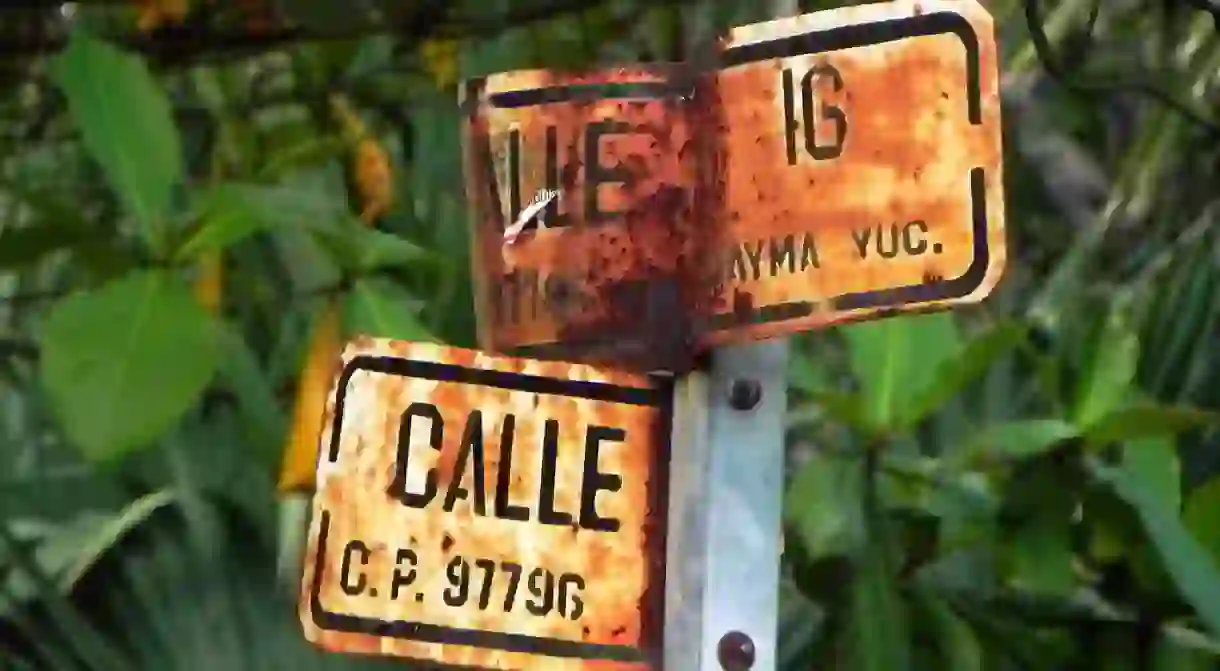Welcome to the Mexican Town Where Everyone is Fluent in Sign Language

Buffeted by deep jungle on all sides, the tiny, neglected village of Chicán in Mexico’s Yucatán state has a unique characteristic: approximately one in 10 of its inhabitants are deaf and everyone speaks sign language – whether teachers, shopkeepers or farmers. Situated on the same peninsula as the tourist hubs of Cancún and Tulum, and only 60 miles from the state capital of Mérida, Chicán feels like another world entirely.
Researchers believe the high rate of deafness is caused by a genetic condition affecting the auditory system.
The Californian writer Louise Stern, who herself was born deaf, set her second novel, Ismael and His Sisters, in this extraordinary location. The book tells the story of three siblings – Ismael, Rosie and Cristina – who were all born deaf. But when Ismael has a violent fight at a local gathering he is forced to flee the village. He heads to the city, where he faces a hostile, alien world that can never truly understand him. His sisters, back in the village, have to learn to live with his absence.

To prepare for the book, Stern stayed with a family in Chicán.
“Because there had already been a lot of researchers in the village before I arrived, I had to explain to them that I wasn’t interested in looking at them through a magnifying glass” the writer told the BBC. Instead, Stern wanted to experience “living with them, eating with them and laughing with them.”
During her stay, the writer watched the villagers in their daily struggles. Levels of illiteracy and malnutrition are high, and most people in Chicán live a hand-to-mouth existence.
Yet despite the deep social and economic marginalization, Stern found that communal values were alive and well among the villagers.
“Because it is pre-industrial there’s no motivation to climb the career ladder,” she explained. “Their priority is the community.”
This collective identity was the reason why all of the villagers, not just the deaf ones, learned to sign.
“If a few people happen not to be able to hear because of this genetic quirk, everyone just thinks that the natural thing to do is for all of us… to communicate in the same way,” Stern continued. “And if it is sign then so be it.”
Stern’s novel offers a vivid portrait of life in this singular Mexican village and explores the way language shapes lives and communities.
“Language is more important than food or water,” Stern said. “As humans we put so much energy and attention into communicating ourselves to other people.”














